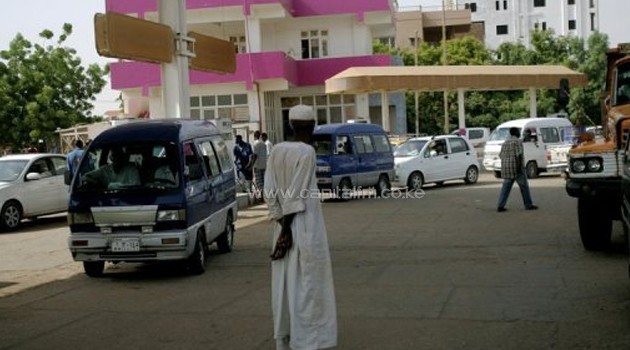Since then the north has been plagued by inflation, a weakened currency and a severe shortage of dollars to pay for imports.
The country falls near the bottom of a United Nations human development index measuring income, health and education, and it ranked 173 out of 176 countries in Transparency International’s index of perceived public sector corruption last year.
Residents say they have been struggling with rising prices for two years. Yet, until last week when thousands began protesting mainly in the capital Khartoum, the poor had largely failed to take to the streets.
“People have accepted price increases before without much annoyance. But I think it’s the overall bleak picture of the economy, and of the country’s mismanagement,” which finally forced them to voice their discontent, said Magdi El Gizouli, a fellow at the Rift Valley Institute.
“These are the protests of the voiceless” he said on Saturday.
Reformers in Sudan’s ruling National Congress Party on Saturday told Bashir that the deadly crackdown on protesters over fuel price hikes was a betrayal of his regime’s Islamic foundations.
Bashir took power in a 1989 Islamist-backed coup.
“The (economic) package that was implemented by the government, and the crackdown against those opposed to it, is far from mercy and justice and the right of peaceful expression,” the 31 prominent reformers said in a letter to Bashir which they made public.
Hardline Islamic religious leaders also issued a statement calling for the government to back down on the price increase.
“We advise the government to turn back to God and provide justice for all Sudanese people, Muslim and non-Muslim,” the unofficial group of clerics who often criticise the regime for straying from Islam said in a statement late on Saturday.










































